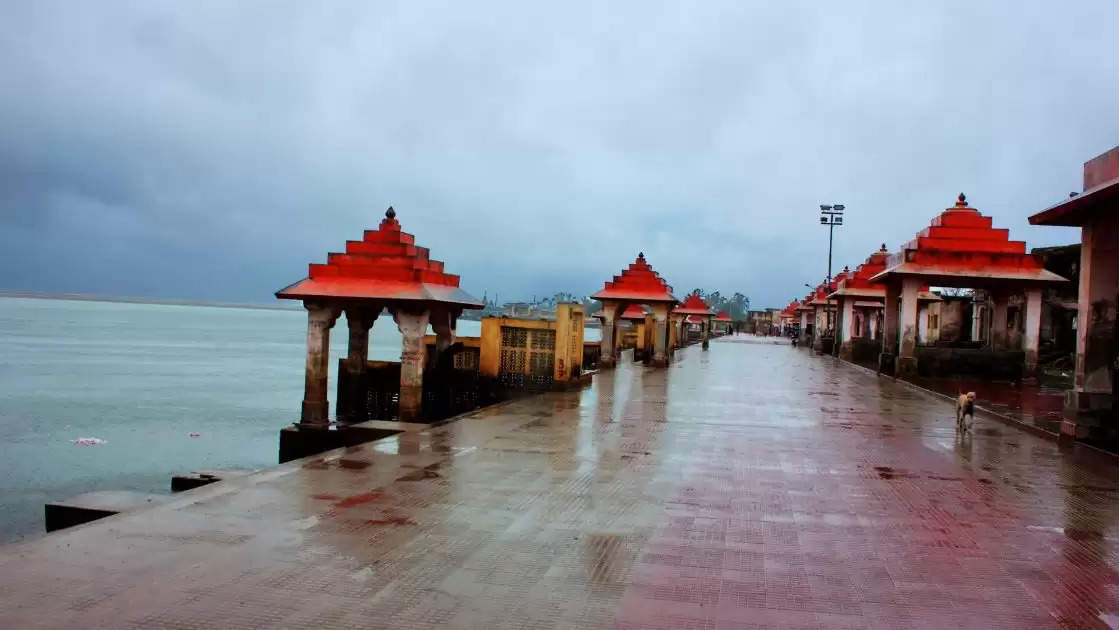2000 crore 'Mission Mausam', now technology will prevent storm, hurricane and flood like this
The central government has approved a 'Mission Mausam'. Under this mission, accurate weather forecasting will be done by making full use of technology. Read about this in detail...

There is an old saying in India that 'water changes every mile, language changes every four miles', this saying not only shows the diversity of the country but also gives information about the different climates of the country.
In India you have to face natural disasters ranging from avalanches or landslides on snowy mountains to floods of overflowing rivers and drought or tsunami. In such a situation, now the government is going to start a 'Mission Weather'.
Under 'Mission Mausam', the government will work to improve weather forecasting using technology. This will be a large-scale initiative in which the capabilities of climate change science will be fully utilized.
A budget of Rs 2000 crore has been kept
The government has set a budget of Rs 2,000 crore for 'Mission Mausam'. The main objective of this mission is to upgrade the Meteorological Department of India. So that accurate weather forecasts can be made in the country.
Not only this, it will also help the government to prepare before the disaster and restore normal life as soon as possible after it. A decision has been taken on this in the Union Cabinet meeting chaired by Prime Minister Narendra Modi.
10,000 lives will be saved
According to ET's report, every year around 10,000 people die in the country due to climate change-related disasters such as cyclones, floods, droughts and heatwaves.
The importance of 'Mission Mausam' can be gauged from the fact that many of these lives can be saved by accurate weather forecasting.
'Mission Mausam' has been designed in such a way that it will not only improve weather forecasts but will also improve the work of providing timely information to the people.
Not only this, it will also improve the conditions for industries like agriculture, aviation, defense, disaster management and tourism.
